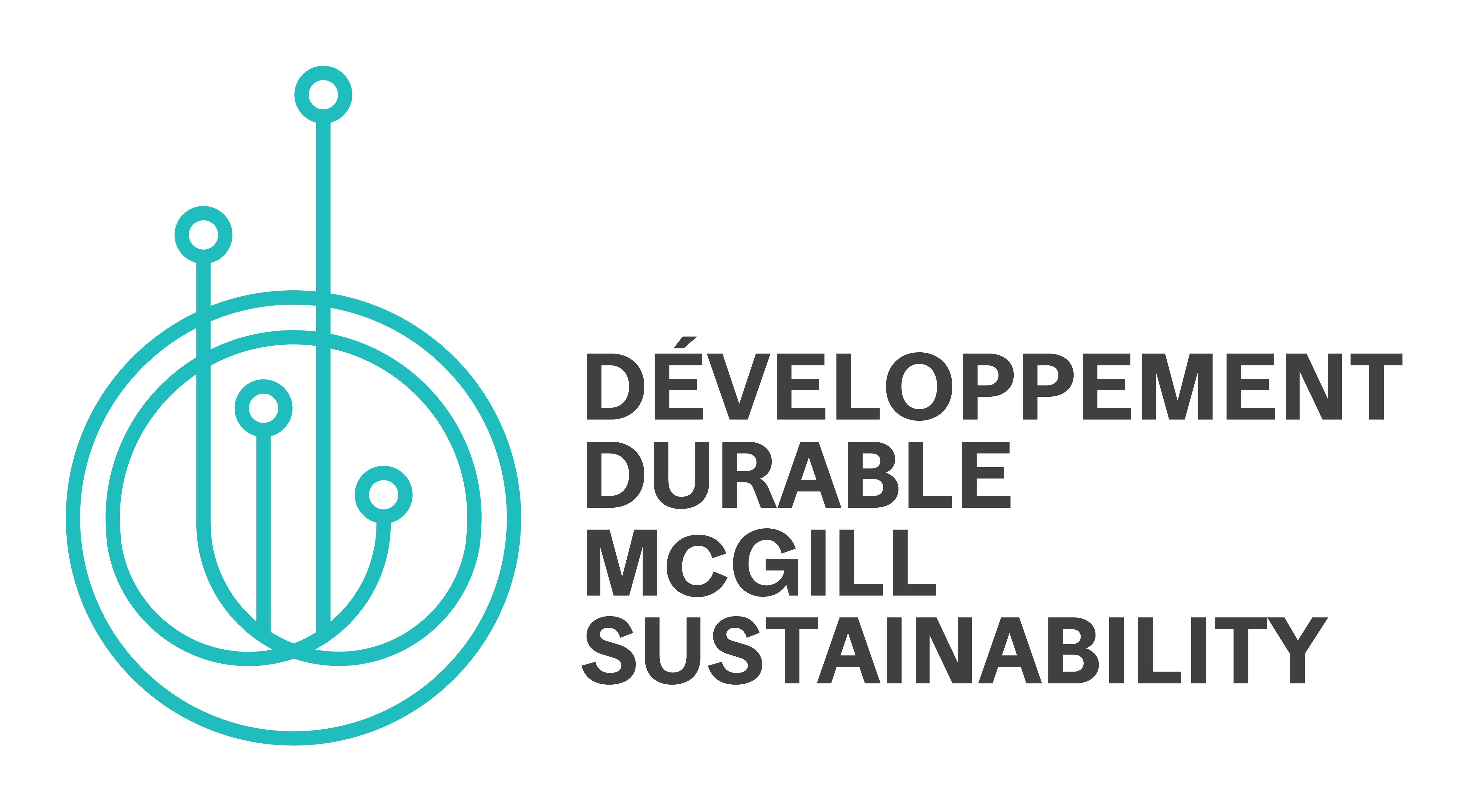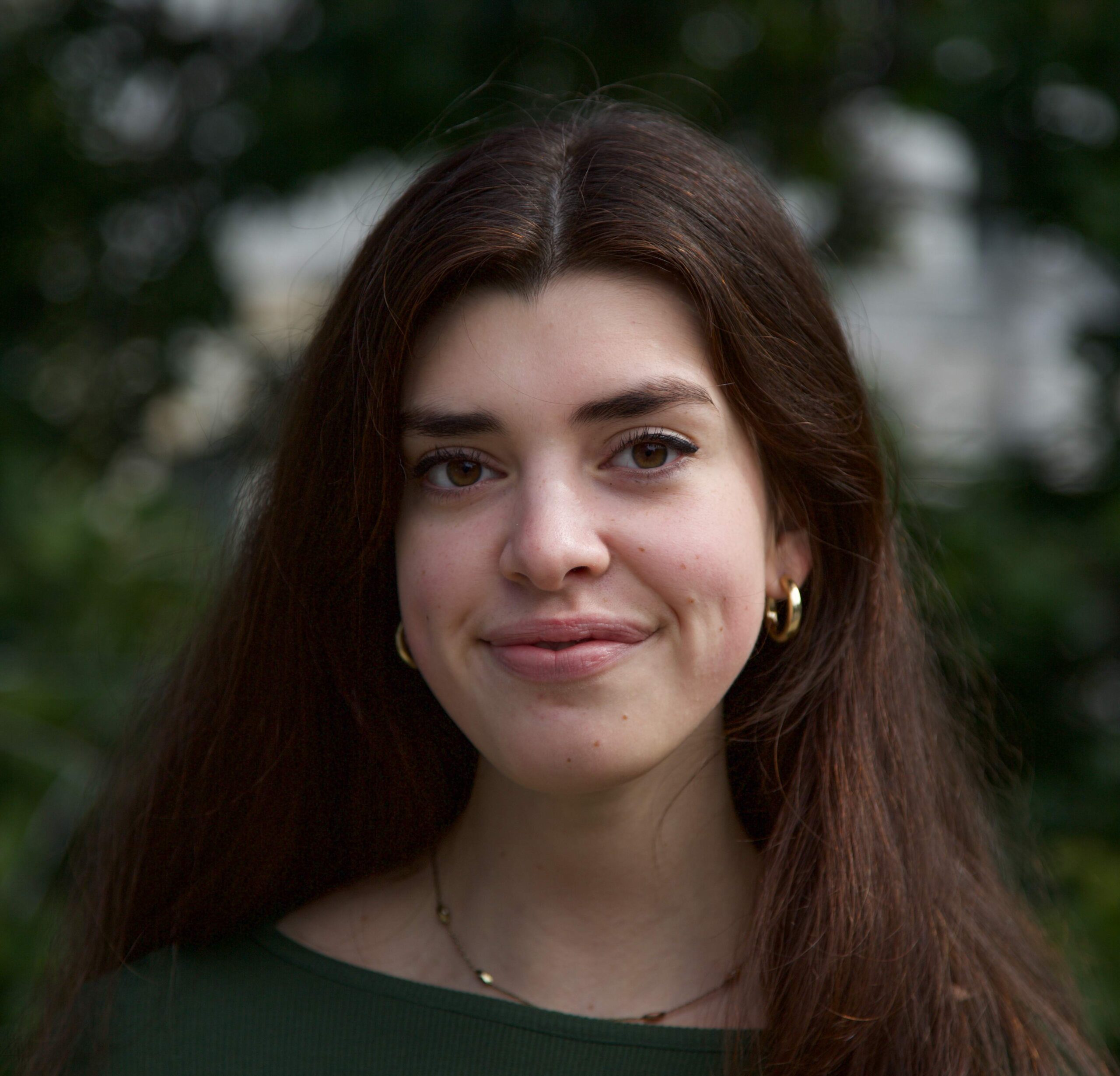All nine of McGill’s faculty froshes, including Management, Arts & Science, Physical & Occupational Therapy, Education, Science, Music, Macdonald Campus, Engineering, and Arts, received gold-level certification from the Office of Sustainability for their late-August 2021 events. This was the second time all nine achieved the gold-level designation; they received the award in 2019 as well.
McGill’s Office of Sustainability developed the Sustainable Events Certification Program in 2017. The program examines the extent to which events held at McGill, such as conferences, fairs, and parties, are environmentally sustainable. An event’s level of sustainability is determined according to factors ranging from using reusable dishware and working with socially responsible sponsors. All of the factors are included in the program’s Sustainable Events Certification checklist. In addition to following the office’s standards for environmental sustainability, frosh organizers say they took physical and financial accessibility concerns into account during their planning.
Froshes contacted the Office of Sustainability in early July to initiate the certification process. The first step of certification was reviewing the Sustainable Events Certification checklist, which was newly adapted for Frosh 2021. Frosh organizers then met with the office’s events team to discuss areas for improvement regarding accessibility and sustainability.
Megan Toth, a sustainability officer with the Office of Sustainability, explained in an interview with The McGill Tribune that a long consultation process occurred between the frosh sustainability coordinators and the Office of Sustainability before the froshes were officially certified in mid-August.
“We were really pleased and impressed with the effort that [the faculty frosh coordinators] all put forth,” Toth said. “They did not have to do the level of effort that they did, but they really all came through and met with us [….] There was a lot of work going into figuring out the types of actions that they could take and where they could improve.”
Froshes took various actions to achieve the certification, such as designating a specific Sustainability and Inclusivity Coordinator for each frosh, developing and delivering an Indigenous land acknowledgement and pronunciation guide, and calculating and offsetting greenhouse gas emissions related to travel.
Together, the nine froshes calculated a total of 35.52 tonnes of greenhouse gas emissions during their events. Abiding by the McGill Offsetting Program, frosh organizers made payments to carbon offset projects selected through McGill’s Offset Selection Committee.
Froshes also made use of the Sustainability Project Fund’s Tiny Stream—an award fund that grants 300 dollars to small sustainability projects. The award allowed Engineering Frosh to hire Compost Montreal to implement an effective waste disposal system and enabled Music Frosh to obtain waste sorting bins for their event at Jeanne Mance.
Toth underscored the importance of sustainability efforts and of limiting McGill’s carbon footprint.
“[Frosh] is a lot of people,” Toth said. “These are big events. So, when events of those sizes are more sustainable, then there’s a potential for a big impact.”
Sarah McCourt, U2 Management and 2021 frosh leader, emphasized that frosh plays a role in instilling campus culture in first-year students.
“Frosh is significant because it introduces [incoming students] to the standards and values that we hold in the McGill community,” McCourt said. “It’s their introduction to it, and so the ideas we have on diversity, inclusion, [and] environmental sustainability are important.”
In an interview with the Tribune, Jeanna Oliver, U0 Arts and frosh participant, said they were largely unaware of the specific sustainability efforts frosh events made, but that they were impressed by the organizers’ efforts to be inclusive and environmentally conscious.
“To know the organizers were thinking about and putting efforts into being sustainable is really awesome to hear,” Oliver said. “These kinds of events are not easy to make sustainable or accessible, especially because of the nature of frosh [….] But, also, I think there’s always room for improvement with sustainability and inclusivity [….] As a community, we can always do more.”









